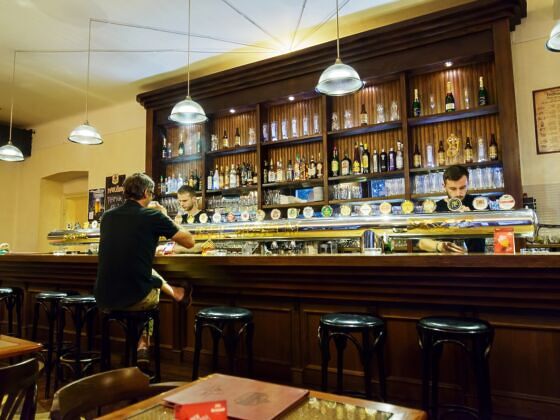IN 2008, MY HOST FAMILY threw me a welcome party to celebrate my first week in Prague. The initiation? Shots of Becherovka. Czechs, it was proven, hold their liquor very well. Me? Not so much. I got so drunk I forgot where my bedroom was and fell asleep next to the dog.
Today’s study abroad students will miss out on that experience, as the Czech Republic recently banned the sale and consumption of drinks with 20%+ ABV after a string of deaths associated with methanol-spiked “bootleg liquor.” This black market travesty has resulted in the deaths of at least 26 people and caused serious illness and injury, such as blindness, for many more. So far, two men linked to the poisoning have been arrested and face up to 20 years.
